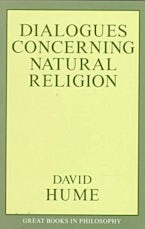
Dialogues Concerning Natural Religion
Published by: Globe Pequot
Sales Date: 05/01/1989
114 Pages, 6.00 x 9.00 x 0.50 in
Other Retailers:

Published by: Globe Pequot
Sales Date: 05/01/1989
114 Pages, 6.00 x 9.00 x 0.50 in
Other Retailers: